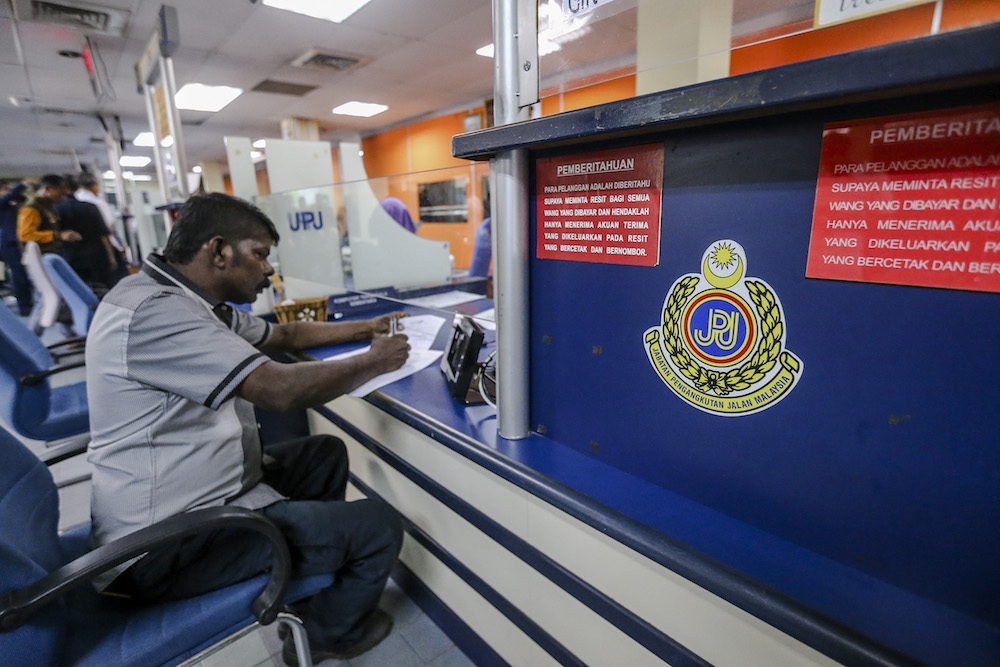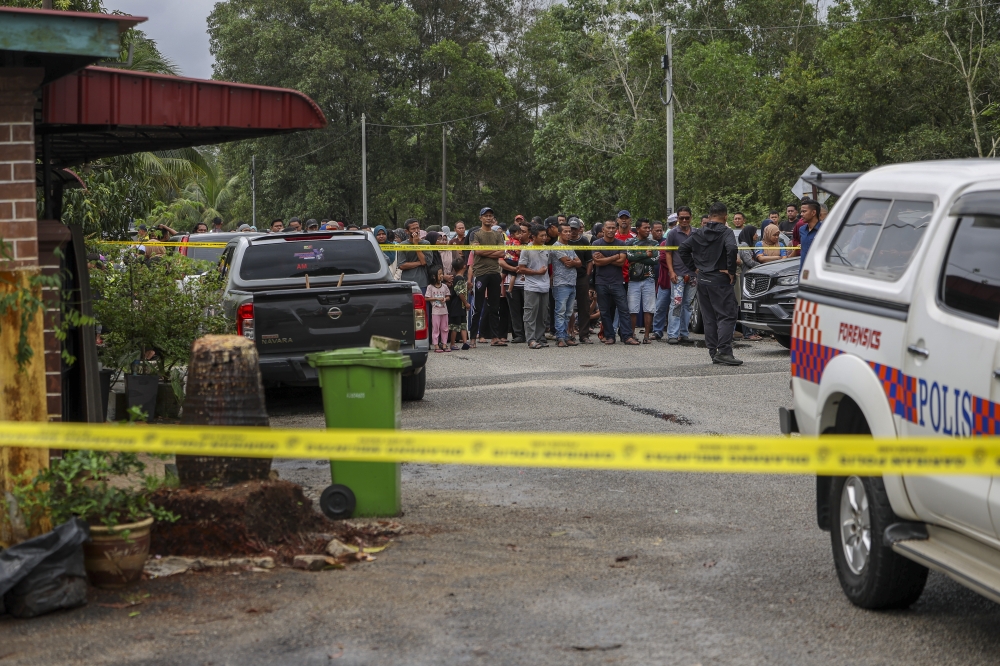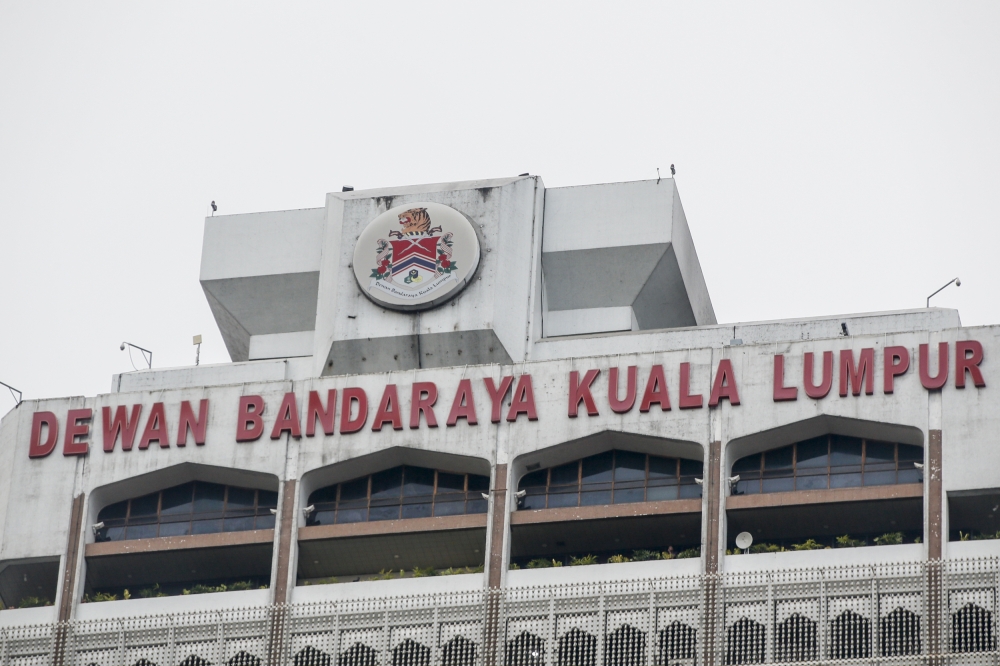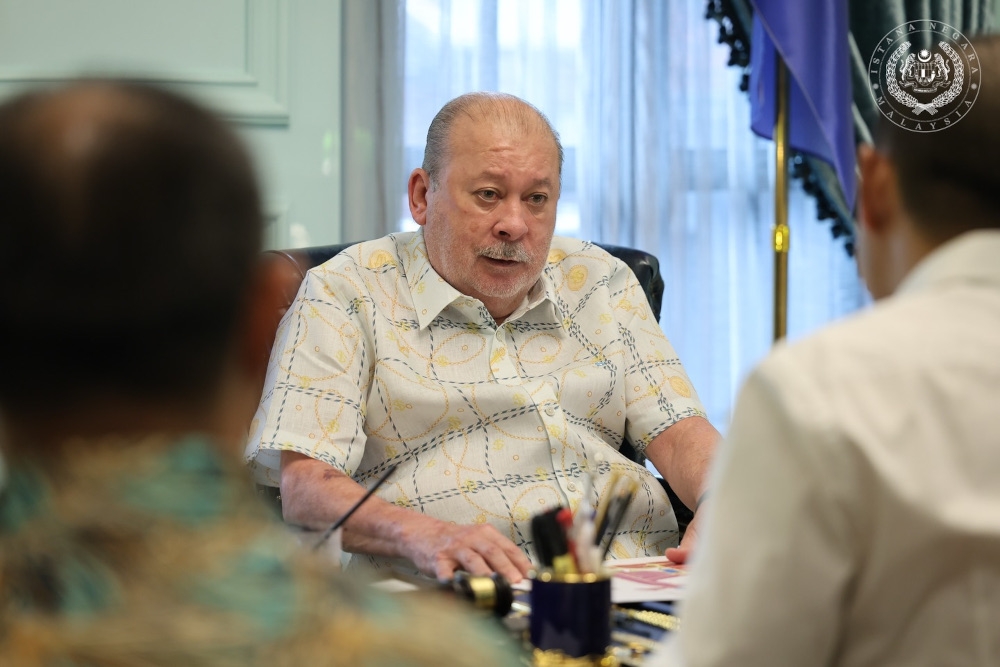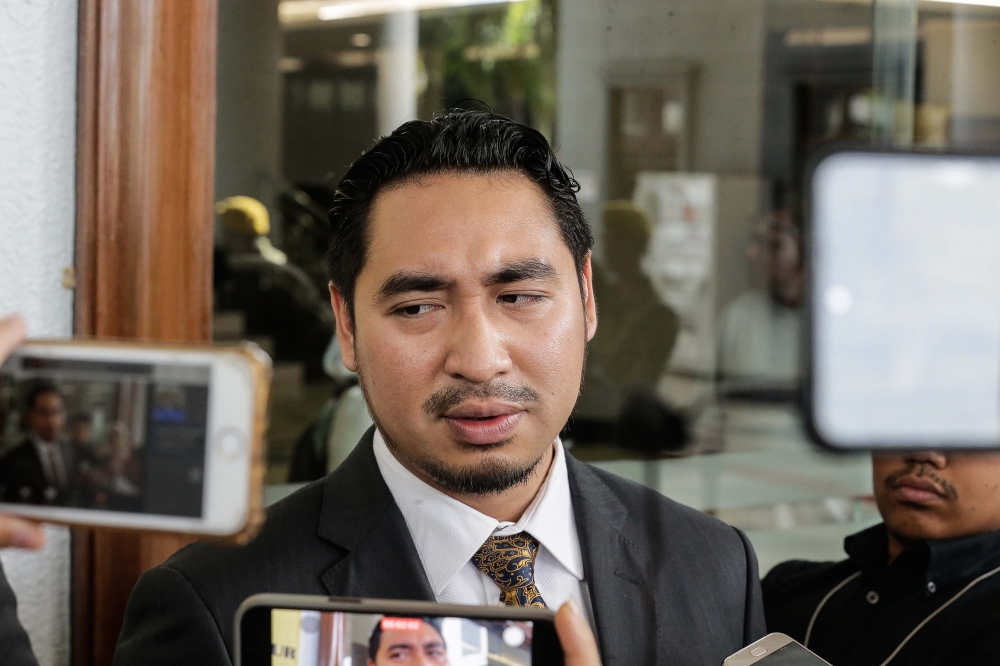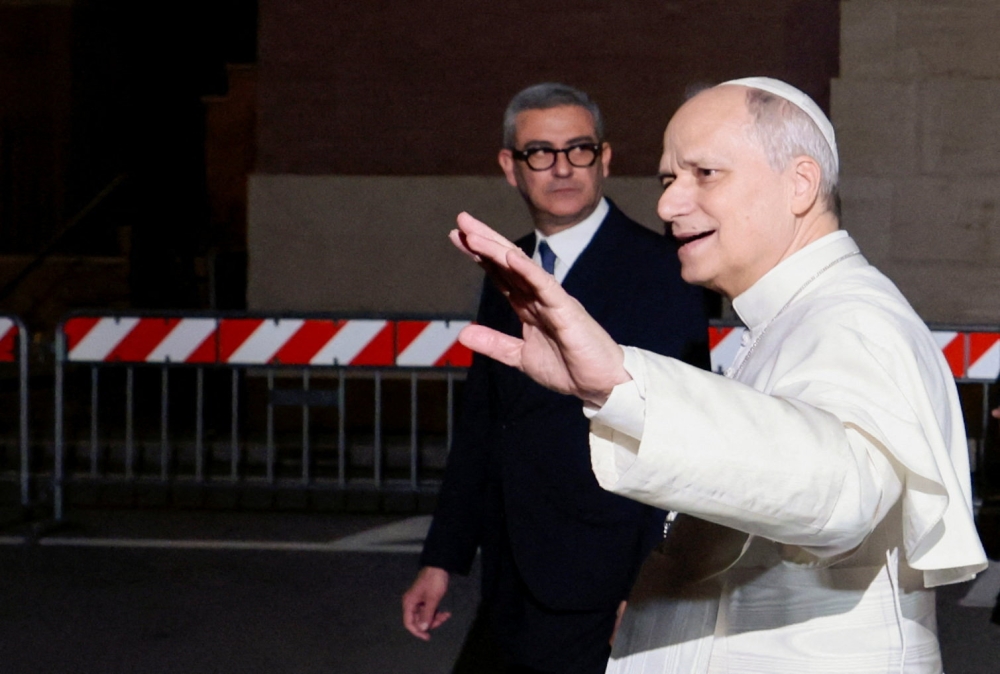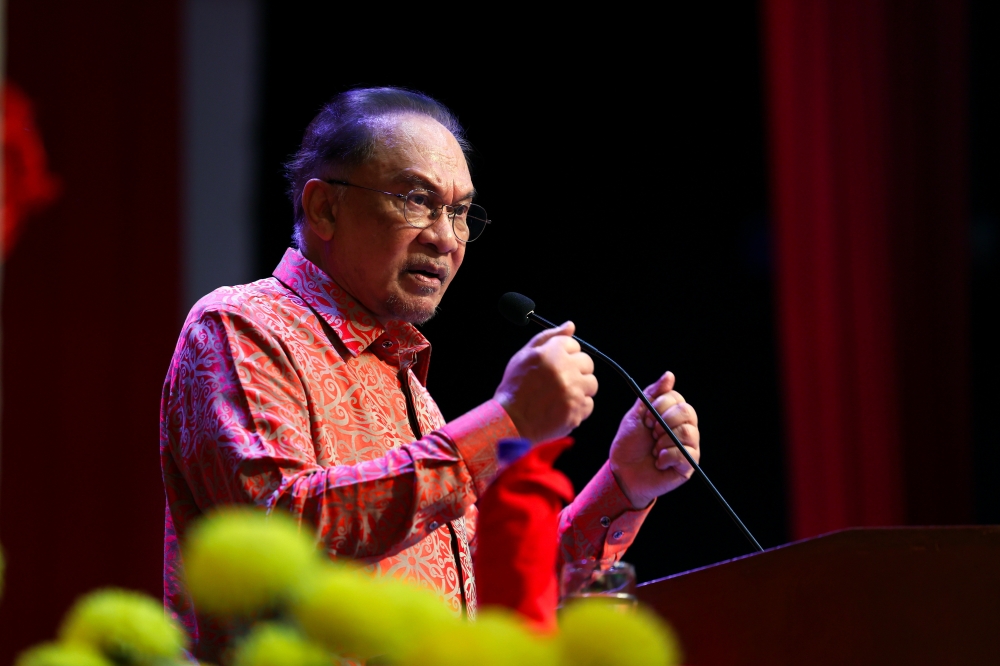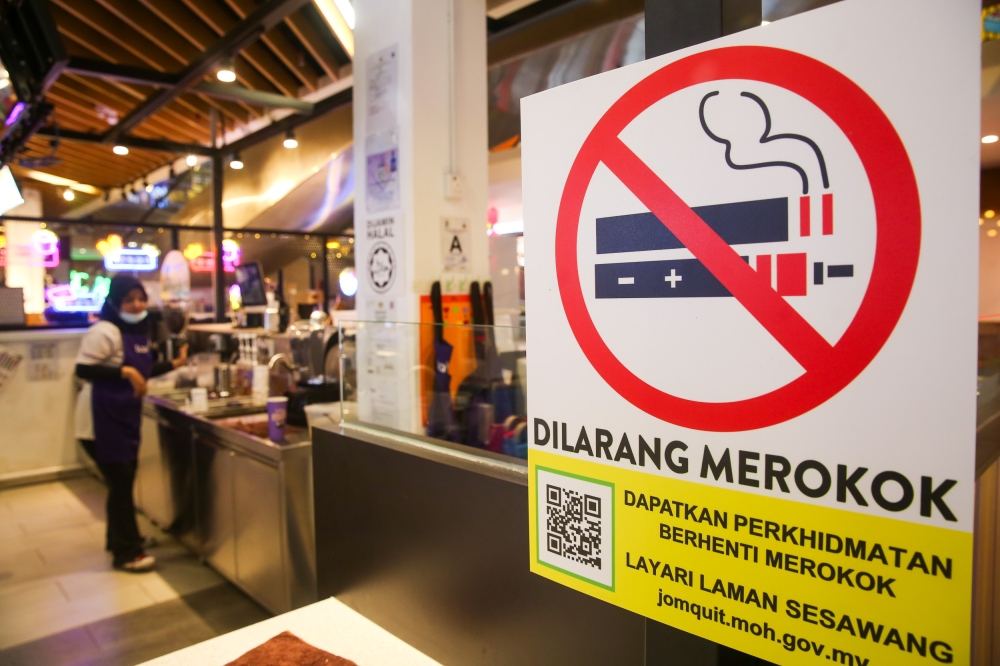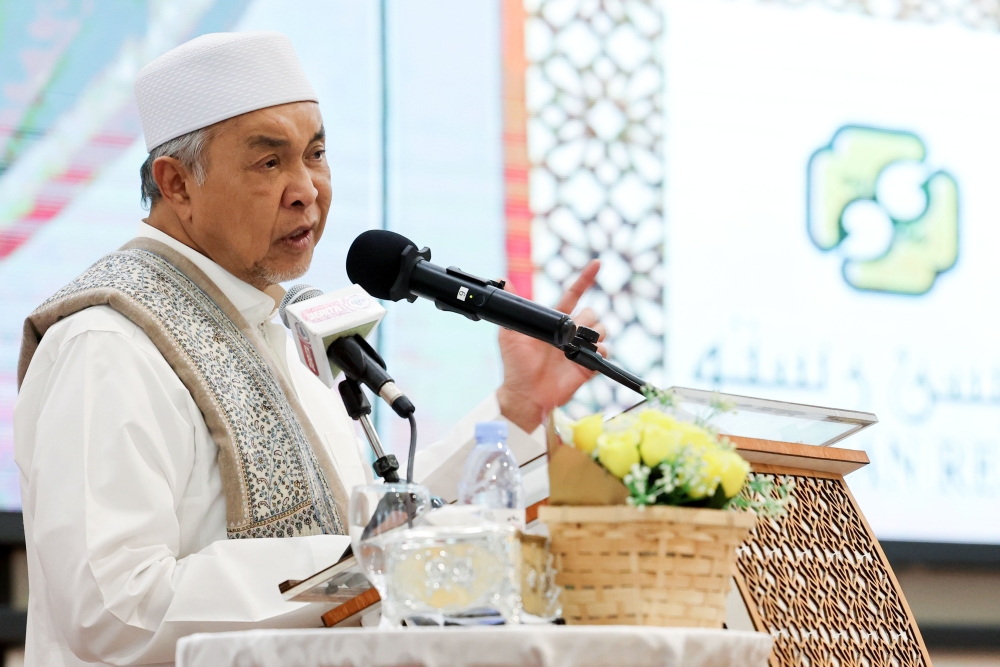KOTA KINABALU, March 14 — As reviews for the Malaysia Agreement 1963 (MA63) begin, the Sabah council of churches (SCC) wants the review committee to also focus on the guarantee of complete religious freedom for Malaysians.
This, among others, includes the right to change one’s faith.
In a statement issued today by SCC president Bishop James Wong, he welcomed the Prime Minister’s decision to look into the rights of Sabah and Sarawak within the federation but also wanted to remind the committee that religious freedom was one of the fundamental pillars of MA63.
“This should be one of the focus for discussion in the current review committee just as it was in the years leading up to the formation of Malaysia as recorded in the Cobbold Commission Report and the Inter-Governmental Committee IGC) Report which led to the finalisation of the MA63 and the Federal Constitution.
“The current political leaders must be reminded that without the guarantee of complete religious freedom, there would not have been a Malaysia. This point is well discussed and recorded in our historical documents,” he said.
Wong said that some political and community leaders today use Article 3 of the Federal Constitution to declare that Malaysia is an Islamic State.
“This is totally in contravention of the Malaysia Agreement 1963. Even the first Prime Minister, Tunku Abdul Rahman Putra Al-Haj declared before the Legislative Council in 1957 ‘I would like to make it clear that this country is not an Islamic State as it is generally understood. We merely provided that Islam shall be the official religion of the state’,” he said.
Wong also quoted an excerpt from the Cobbold Commission Report which said that although Islam should be the national religion for the federation, it would not jeopardise the freedom of religion and Malaysia would be a secular nation.
“The reality today is there is no complete religious freedom in Malaysia and religious minorities have been marginalised. Complete religious freedom does not mean only freedom to worship but also freedom to profess and practise the religion of their choice without restrictions and repercussions from the state and without being subject to discrimination, hostility or violence.
“Today, many of our people face difficulties in choosing to be identified with the religion of their choice. The National Registration Department (NRD) continues to restrict our people from changing their religious status records,” he said.
On the case of a 22-year-old man in Sarawak who was recently sentenced to 10 years’ imprisonment and fine for pleading guilty to insulting Islam and the Prophet Muhammad, Wong said that it was too severe a punishment while offensive remarks to other religions did not garner the same response.
“While we support efforts to maintain peace, unity and harmony among our diverse society, we condemn the punishment which are to run consecutively on this young first-time offender and regard it as a disproportionate and harsh one.
“The controversial Islamic preacher Zakir Naik who has made slanderous remarks against Christianity instead has been allowed to remain as a permanent resident in our country. Where is fairness and justice in this instance?” he said.
He called on the government to moot several steps that would uphold and establish the guarantee of complete religious freedom including a revision of the legislation that would give adequate protection to people of all religions, in particular religious minorities and to ensure everyone can freely exercise their right to freedom of religion and belief, including the right to change one’s religion, without interference by the state.
Wong said that the government should also work against any forms of “thought policing” of religious ideas, ban on publications, printings and materials.

